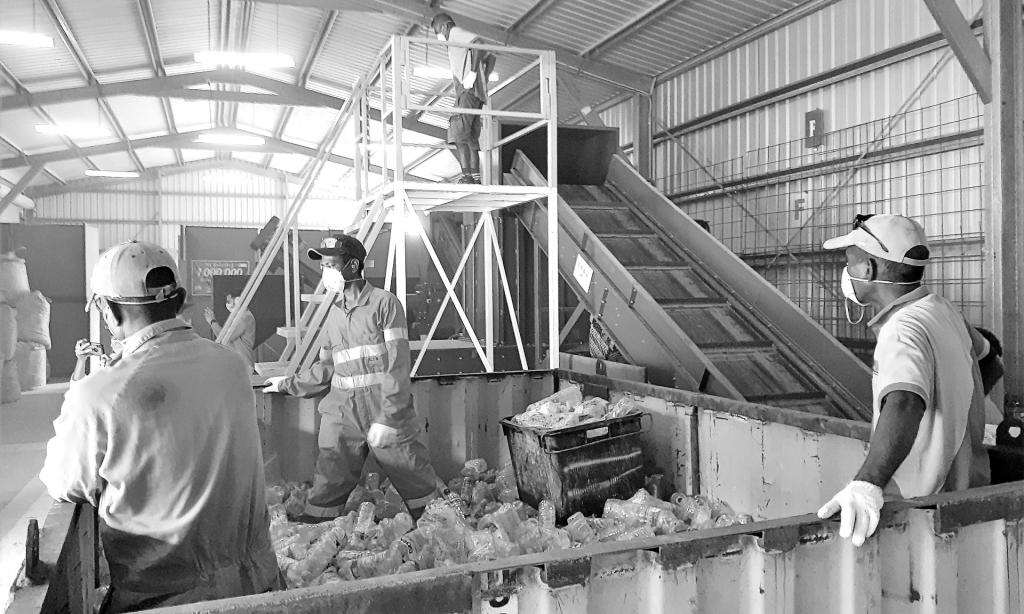

 Article
Article


Pursuing plastic neutrality, the Plastics Solution Alliance in Timor-Leste works to minimize the use and improper disposal of plastic and establish an inclusive recycling value chain. This will expand the small manufacturing base, diversify an oil-dependent economy and provide employment opportunities. It is a leading public-private partnership.
To improves sustainable, quality education in Guatemala, School the World joined forces with local governments and local community councils to build new infrastructure, improve teacher morale and create trusting relationships with local stakeholders. It is a leading public-private partnership.
It turns out that people perceive idea theft as a greater transgression than money theft and judge it more harshly, according to new research from Darden Professor Lillien Ellis. Further, people perceive the theft of creative ideas as worse than the theft of practical ones.
Positive deviance is about how we can deviate from the norm in ways that are honorable and generative, authentic, and that have positive impact and open the door to others to do the same. Leveraging difference — mobilizing gender identity and minority status in this way — can activate a slew of personal, organizational and societal benefits.
We are in the midst of a crisis in child care. That’s not just for the parents or children directly and presently affected; if we don’t invest in quality care now, society will literally pay for it later. The matter touches issues of health, income, crime, IQ, costs to families and the public, and an individual’s ability to maintain employment.
Professor Jim Detert discusses the dangers of inferring individuals’ intentions and strategies leaders can use in efforts to ensure balance and objectivity in an organization.
The lady doth protest too much? Research shows that people are indeed likely to interpret anger as guilt in the face of an accusation — though it’s more likely an indication of innocence. Darden Professor Gabrielle Adams investigates various responses to accusations and how we interpret their veracity: angry denial, calm denial or silence.
Social mobility in the U.S. is increasingly rare. How does that play out in the workplace? Contrary to the arguments past studies posed about workers coming from lower social class positions, the upwardly mobile are just as likely as their high-class counterparts to speak up and share ideas at work. So what could be the barriers to advancement?
Sexism and rudeness: not mutually exclusive. New research shows that rudeness can hide sexism, as observers may dismiss perpetrators as “equal-opportunity jerks.” Darden professors explain how the phenomenon not only turns bad behavior into plausible deniability, it can also serve as a barrier to addressing sexism in the workplace.
The WHO declared COVID-19 a pandemic two years ago. In one of the largest health psychologies studies ever, a Darden professor researched factors related to adherence to public health measures, including: national identity — different from nationalism — political affiliation, and consistent messaging from leaders across the political spectrum.